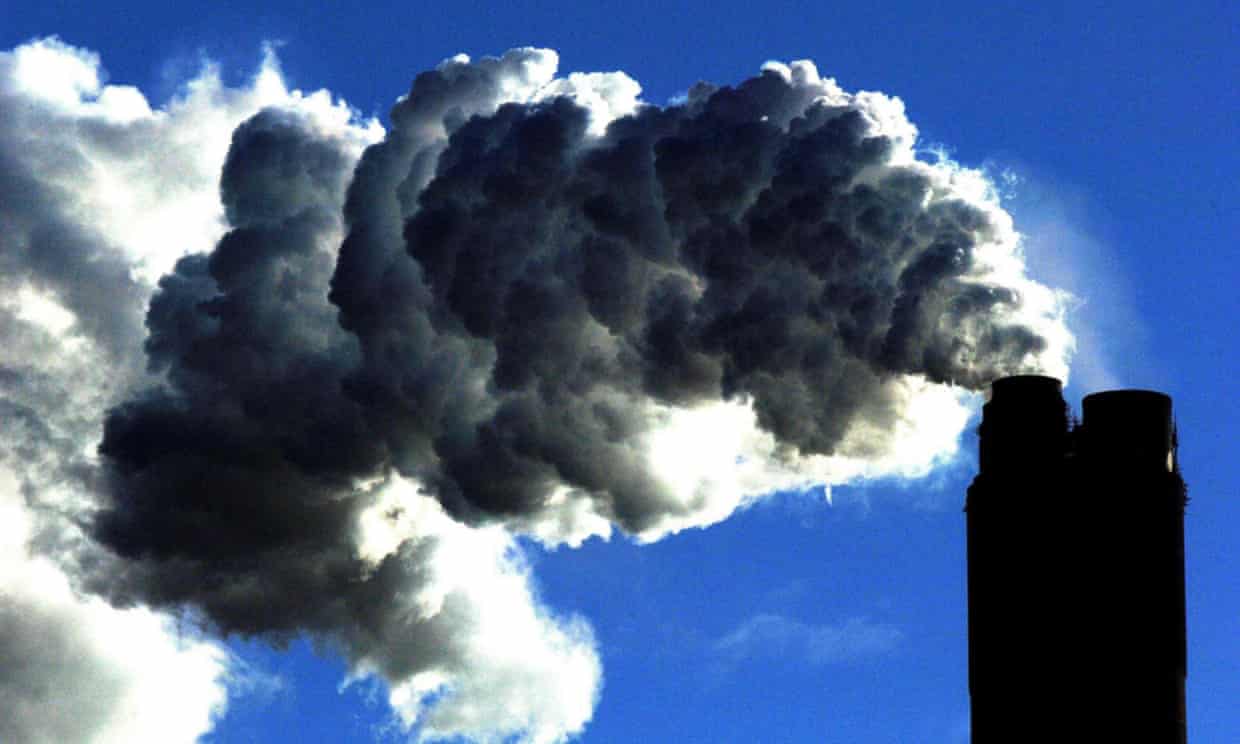 The fracking party is over, and a quiet desperation has descended on the state's once-booming communities and the thousands of people who were drawn to them.
The fracking party is over, and a quiet desperation has descended on the state's once-booming communities and the thousands of people who were drawn to them.
Dave Van Assche didn't fret too much when oil prices started to slide in late 2014. The postal services business he had built over three short years was thriving, catering to the tens of thousands of people who, like him, had streamed into North Dakota to strike it rich during an unprecedented oil boom.
But the price drop quickened, due in part to a supply glut from the 1.2 million barrels of oil North Dakota was pumping each day. Within a year, oil prices were down more than 70 percent, and North Dakota's oil rush stalled. The daily take at Van Assche's business has sunk from a peak of $2,500 to at best $600 now.

 Environmental News Archive
Environmental News Archive



 A record fire-storm in Canada fueled by record warmth. Record ice-melt in Greenland and the Arctic sea, driven by off-the-charts warmth in the far north. And, NASA reported Friday, we’ve just been through the hottest April and the hottest January-April on record — by far.
A record fire-storm in Canada fueled by record warmth. Record ice-melt in Greenland and the Arctic sea, driven by off-the-charts warmth in the far north. And, NASA reported Friday, we’ve just been through the hottest April and the hottest January-April on record — by far. The massive bleaching hitting the Great Barrier Reef off the coast of Australia is likely that country's "biggest ever environmental disaster," says Dr. Justin Marshall, who has studied the reef for three decades.
The massive bleaching hitting the Great Barrier Reef off the coast of Australia is likely that country's "biggest ever environmental disaster," says Dr. Justin Marshall, who has studied the reef for three decades. The world is hurtling towards an era when global concentrations of carbon dioxide never again dip below the 400 parts per million (ppm) milestone, as two important measuring stations sit on the point of no return.
The world is hurtling towards an era when global concentrations of carbon dioxide never again dip below the 400 parts per million (ppm) milestone, as two important measuring stations sit on the point of no return. Five islands have disappeared in the Pacific's Solomon Islands due to rising sea levels and coastal erosion, according to an Australian study that scientists said Saturday could provide valuable insights for future research.
Five islands have disappeared in the Pacific's Solomon Islands due to rising sea levels and coastal erosion, according to an Australian study that scientists said Saturday could provide valuable insights for future research. With new offshore rules in place, a U.S. energy group said jobs and safety are at risk, though environmentalists said the BP spill in 2010 was still impactful.
With new offshore rules in place, a U.S. energy group said jobs and safety are at risk, though environmentalists said the BP spill in 2010 was still impactful. California isn't the USA's only earthquake hot-zone anymore.
California isn't the USA's only earthquake hot-zone anymore.






























